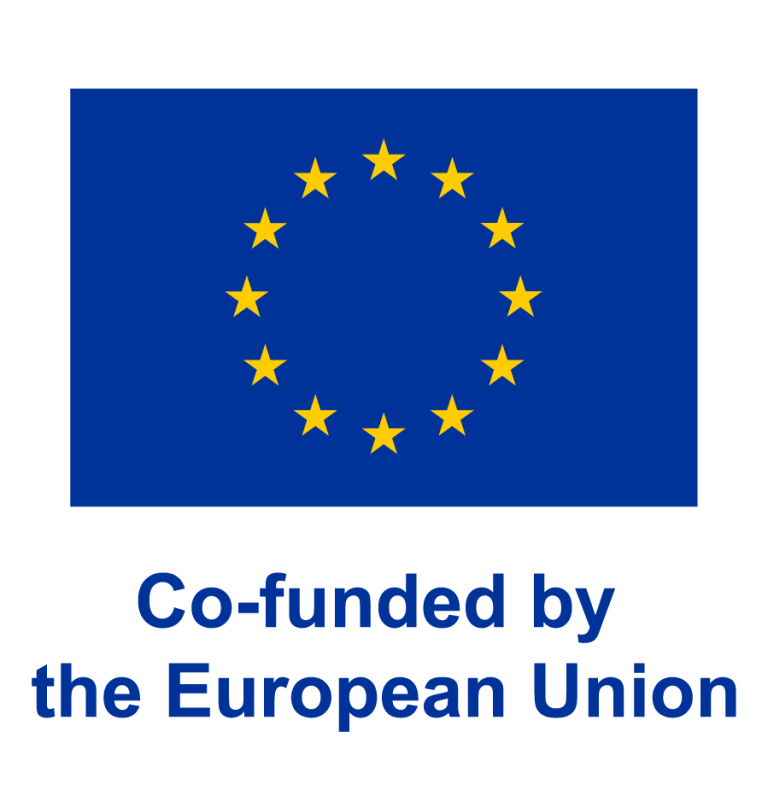
In recent years, the European Union has increasingly demonstrated its firm commitment to sustainable development, i.e. development that meets the needs of the present without compromising the ability of future generations to meet their own needs.
A number of sectoral policies and initiatives, legislative reforms and investments have promoted the transition to a low-carbon, resource-efficient and climate-resilient circular economy. A range of innovations, new technologies and business models have been developed and introduced, increasingly challenging key sectors and decoupling their economic growth from their resource consumption and impact on the environment and local communities. Experts and observers predict that in the near future the ‘green transition‘ will also have a significant impact on the structure of the labor market, with over 100 million new jobs expected to be created and some 80 million others eliminated. This also implies the need for new skills – six out of ten workers will need additional training to learn new skills and green behaviors.
The tourism industry is extremely complex. It interacts with many other industries and is closely linked to changes in public (consumer) attitudes and preferences. The quality and sustainability of tourism products and services are determined by the skills and competences of the people employed. The sector has a high potential to create new jobs, while providing employment opportunities for young people and people with disabilities.
Effective use of the sector’s potential for economic growth (including job creation), but also for positive social development (including behaviour change), requires that current and future employees have the knowledge and skills to contribute to sustainable development.
The TRANS4GREEN project aims to to incorporate green skills into tourism VET in Bulgaria, Turkey and Lithuania so as to enhance the capacity of the learners and graduates with diverse profiles to benefit from emerging career opportunities presented by sustainable tourism.

Period of implementation:
Funded by:
The Erasmus+ Programme of the European Union
Key concepts:
- Skills for green trainsition of tourism industry
- Scenario-based learning
- Life-long learning
Target groups and users:
- Education managers and staff of VET;
- In-company training providers in the field of tourism
- Trainees in VET for tourism
- Tourism professionals and workers
- People with disabilities engaged in tourism
- Tourism business owners and managers
Project Outputs:
- Report regarding the opportunities to integrate green-skill building in the existing VET curricula in the partner’s countries
- A holistic Methodology for teaching transversal green skills in tourism VET
- A customised scenario-based-learning toolbox for transversal green skills in tourism
- Guidelines for the organisation green-skills training in VET through active-learning methods
